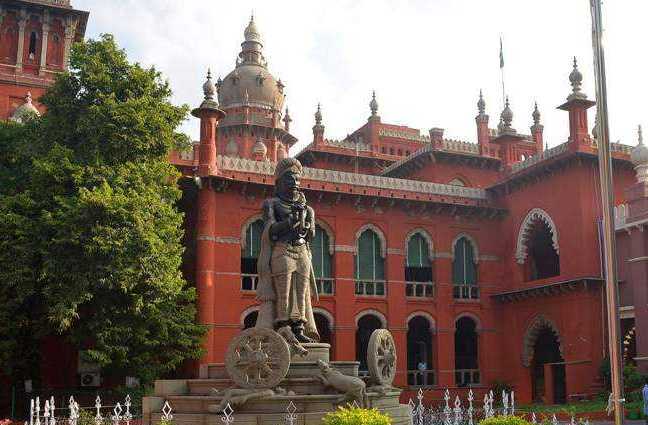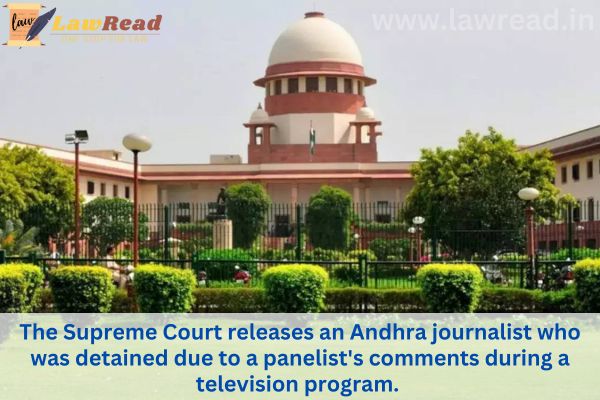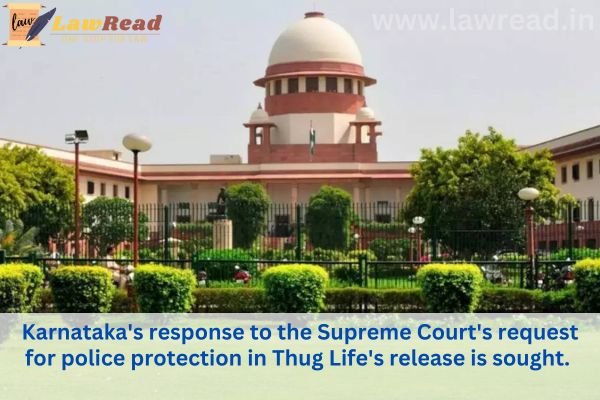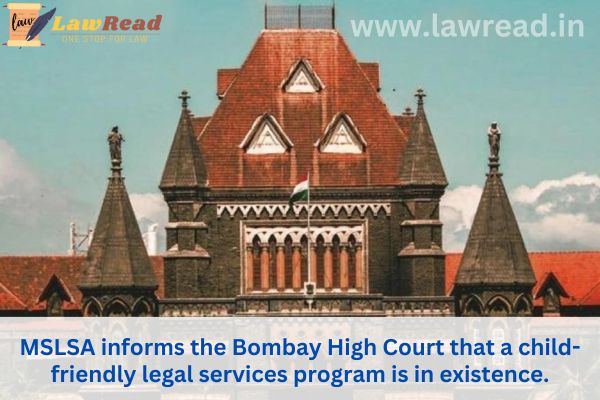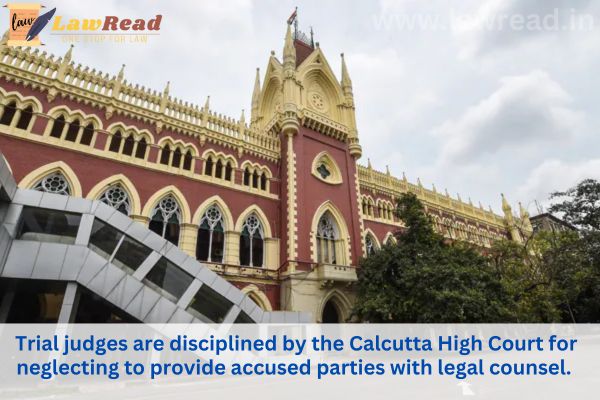News
Bar associations are not 'State' and are therefore not subject to writ petitions: High Court of Bombay
According to the Court, it is not possible to file a writ petition under Article 226 of the Constitution for any kind of relief pertaining to a disagreement between the bar association and its members.
.jpg)
In the recent case of Abhijeet Bacche-Patil vs. Bar Council of Maharashtra, the Bombay High Court reaffirmed that bar organizations are not subject to writ jurisdiction under Article 226 since they are not "States" or their instrumentalities as defined by Article 12 of the Indian Constitution.
Bar associations, which are either registered societies or trusts, are managed by their own bye-laws or rules and do not have extensive or profound authority over the government or even the Bar Council, according to the bench of Justices GS Kulkarni and Advait Sethna.
Accordingly, the Court ruled that it is not possible to file a writ petition under Article 226 of the Indian Constitution for any kind of remedy pertaining to a disagreement between the bar organization and its members.
"A managing committee that is chosen by its members oversees them. Therefore, the government has neither authority nor influence over the bar association's operations, much less its elections or day-to-day operations. The members' well-being is the responsibility of the managing committee. Every day, the Bar Associations publish announcements, notifications, circulars, and other materials for the benefit of their members. A chaotic situation would undoubtedly result, the Court noted, if all of the bar association's activities, decisions, and actions were to be subject to the High Court's judicial review under Article 226 of the Indian Constitution by concluding that the bar association is a "State" in the sense of Article 12 of the Constitution.
Four advocates filed a petition against a notification sent by the Kolhapur District Bar Association, which the court was considering. Members who did not pay their annual dues by April 1 will not be eligible to vote in the body's next elections, according to the message.
The petitioners claimed that the restriction was unlawful and arbitrary, and they asked that the notification be quashed. They also asked that the association be ordered to allow voting by members who paid after the deadline.
But first, the Court examined whether the writ petition could be maintained.
In this context, it cited a previous decision in Rajghor Ranjhan Jayantilal vs. Election scrutiny committee of BBA & Anr, wherein the High Court ruled that a bar association could not be considered a State under Article 12 of the Indian Constitution unless there was extensive or widespread State control over the administration of the affairs.
"The view taken by this court in the case of Rajbhor Ranjhan Jayantilal (supra) was also followed in the case of Dilip Shridhar Modgi vs. Thane District Courts Bar Association through its Secretary,"
it stated.
The Court emphasized that since the lawyers' writ petition was unmaintainable, they should go to the civil court.
"We are thus quite certain that a writ petition under Article 226 of the Constitution of India for any relief on a dispute between the member and the bar association is not maintainable,"
the Supreme Court stated.
The Court added that it would have to hear cases against other professional associations including doctors, chartered accountants, and engineers if it were to consider such writ petitions from attorneys.
The Court concluded that the Advocates Act's regulation of lawyers precludes the consideration of such writ petitions.
"The rules of the bar association, which the members abide by when they become members, limit, govern, and control the relationship between the bar association and its members about anything related to the organization's operations. If this is the case, the Court emphasized that a writ petition under Article 226 of the Constitution cannot grant a remedy against the bar association simply because the advocates are subject to the Advocates Act.
The writ petitions were denied, and the parties were free to take their complaint to the proper civil court.
On behalf of the petitioners, attorneys Abhishek Nandimath, Shardul Diwan, and Advait Vajaratkar appeared.

